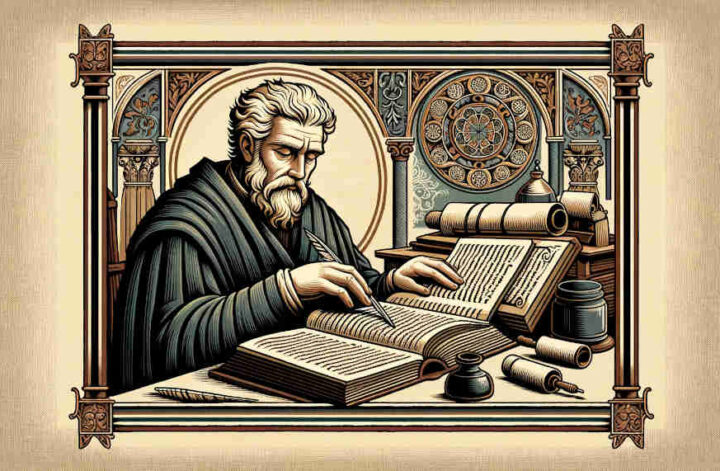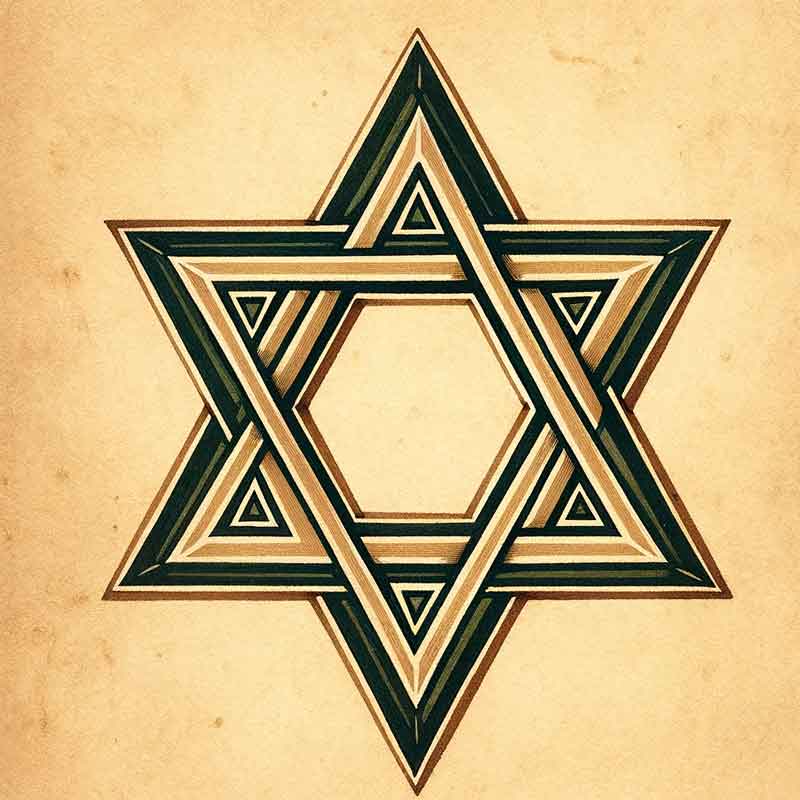From: Jonathan Goldstein
To: Rabbi Joshua
Subject: Understanding Olam Ha-Ba in Different Jewish Traditions
Dear Rabbi Joshua,
I’m curious about how Reformed Jews view Olam Ha-Ba, The World to Come, and how this might differ from the beliefs of Orthodox Jews. Could you provide some insight?
Best wishes,
Jonathan
Olam Ha-Ba in Jewish Thought: Varied Interpretations
Dear Jonathan,
Your question touches upon one of the most profound and complex areas of Jewish belief. Olam Ha-Ba, or “The World to Come,” is a concept that has been interpreted in various ways within the Jewish tradition, particularly between Reformed and Orthodox Judaism.
Reformed Jewish Perspective on Olam Ha-Ba
Reformed Judaism, known for its adaptability and emphasis on the ethical and moral aspects of Jewish teachings, tends to have a more symbolic or metaphorical interpretation of Olam Ha-Ba. In general, Reformed Jews may view Olam Ha-Ba less as a literal afterlife destination and more as a representation of the impact one leaves in the world through good deeds and ethical living. The focus is often on creating a just and compassionate world here and now, which in itself can be seen as a way of realizing the ideals of Olam Ha-Ba.
Reformed Jewish teachings typically emphasize the importance of tikun olam (repairing the world) and social justice, suggesting that Olam Ha-Ba is closely linked with our actions and responsibilities in this life, rather than a distinct, otherworldly realm to be experienced after death.
Orthodox Jewish Beliefs About Olam Ha-Ba
In contrast, Orthodox Judaism, which adheres more strictly to traditional Jewish law and teachings, often interprets Olam Ha-Ba as a literal afterlife. It is seen as a spiritual realm where souls go after death, and where they are rewarded or punished based on their adherence to God’s commandments and their moral conduct in this life.
Many Orthodox Jews believe in the resurrection of the dead (techiyat hameitim), a future event in which God will resurrect the souls of the righteous. This belief is closely tied to the concept of Olam Ha-Ba, where these resurrected souls will experience a closer, more direct relationship with the Divine.
Harmonizing the Perspectives
While these views may seem distinct, they both stem from a deep engagement with Jewish tradition and a desire to understand and connect with the Divine. The Reformed focus on ethical living and social justice reflects the Torah’s teachings about caring for others and creating a just society. The Orthodox emphasis on adherence to commandments and the belief in a literal afterlife underscores the importance of faithfulness to Jewish law and tradition.
Both perspectives, in their own ways, contribute to the rich and diverse tapestry of Jewish thought and practice. They offer different pathways to engage with one of Judaism’s most profound and enduring mysteries: the nature of our existence beyond this life.
May your exploration of these diverse Jewish beliefs bring you deeper understanding and spiritual enrichment.
Shalom,
Rabbi Joshua


